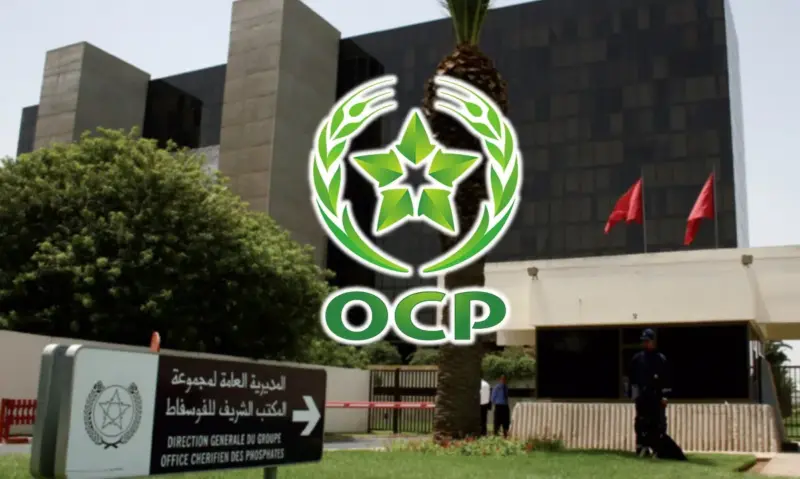OCP Nutricrops, a subsidiary of the OCP Group, and the Bangladesh Agricultural Development Corporation (BADC), a public agency under the Ministry of Agriculture of Bangladesh, announced on Wednesday that they have signed a major agreement for the supply of 1.1 million tons of non-urea fertilizers for the period 2025–2026.
By providing suitable fertilizers and promoting their responsible use, this partnership reflects a shared vision to strengthen the foundations of a self-sufficient agricultural future for Bangladesh, based on science, innovation, and sustainable collaboration, the signatories stated in a joint press release.
As part of this agreement, OCP Nutricrops hosted an official delegation from Bangladesh, including representatives from BADC and the Bangladeshi Ministry of Agriculture, the same source reported.
The visit was marked by several key moments, including the signing ceremony, a tour of the Al Jorf industrial platform – the largest fertilizer production site in the world – as well as a visit to Mohammed VI Polytechnic University (UM6P), a major research and development partner of the OCP Group and an African hub for applied research and innovation.
This visit had a dual purpose, namely to finalize the commercial agreement and to explore new avenues of cooperation in agronomic research, agricultural training, and technology transfer, in line with Bangladesh’s strategic priorities.
On this occasion, Youssef El Bari, CEO of OCP Nutricrops, stated: “We are proud to renew this partnership with the Bangladesh Agricultural Development Corporation. It reflects the continued trust of our Bangladeshi partners and our shared commitment to more efficient and sustainable agriculture. This agreement strengthens a long-term strategic relationship and paves the way for new collaborations in research, training, and innovation.”
BADC plays a crucial role in providing Bangladeshi farmers with essential agricultural inputs. Aligned with the national agricultural priorities of Bangladesh, including the Good Agricultural Practices Policy (2020) and the Perspective Plan 2025-2050, this partnership highlights common goals in sustainability, food security, and innovation.
Over the past 17 years, it has evolved into a strategic alliance and a shared ambition to support Bangladesh’s transition to sustainable and self-sufficient agriculture.
For his part, Ruhul Amin Khan, President of BADC, emphasized: “Bangladesh is deeply grateful to OCP and Morocco for their continued support for the country’s agricultural productivity. We are very optimistic about strengthening our cooperation in various sectors of Bangladeshi agriculture, through innovation, logistical support, technology transfer, training, among others.”
This long-term commitment reflects OCP Nutricrops’ dedication to promoting soil health, empowering farmers, and enhancing food security in Bangladesh. Between 2019 and 2023, through the OCP Foundation, nearly 15,000 farmers (including over 4,000 women) have been trained in best agricultural practices to improve productivity and support farmers’ livelihoods. This collaboration also embodies the strategic importance of South-South cooperation in OCP Nutricrops’ approach.
By developing deep and sustainable alliances with key agricultural players in the Global South, such as Bangladesh, OCP Nutricrops promotes local and mutually beneficial solutions that support national food security, accelerate agricultural transformation, and advance a common development agenda in emerging economies, the statement concludes.
MAP


